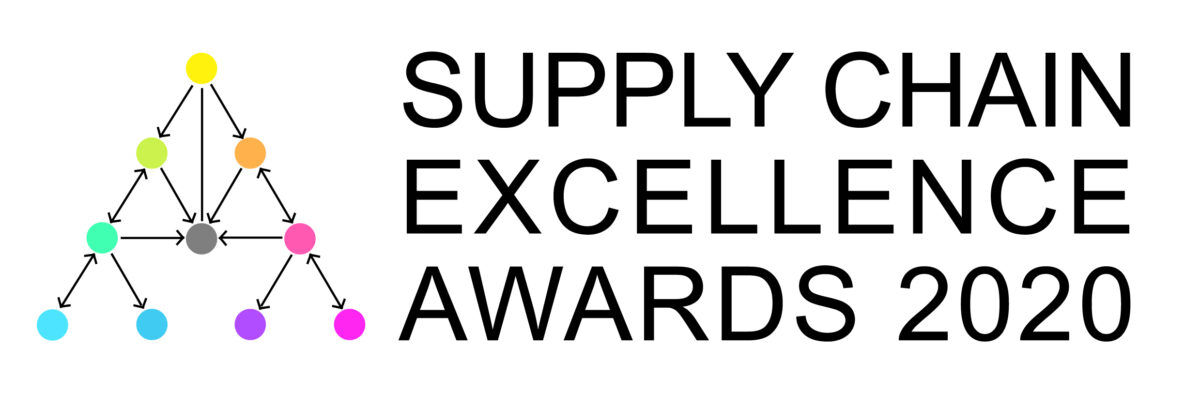Here’s how one global medical technology and healthcare company has cured its supply chain problems by becoming more demand-driven.
Author: Alexandra Leonards
Papers from the ninth annual PhD workshop available
Though he claims once to have had a ‘real’ job with British Steel, the president of the UK’s Chartered Institute of Logistics & Transport is that rare breed — a career consultant and academic who feels no need to apologise
Survey shows logistics management is becoming a strategic management function
John Allan, Exel’s indefatigable chief executive talks to Nick Allen on challenges in the chain.
The judging for ‘overall winner’ is not quite as straightforward as might appear. Although by definition the ‘number one’ will be one of the sectoral category winners, the judges like to nominate a Second and Third, and because of the differences in perfo
This sector typically attracts a widely disparate set of entries, and 2004 was no exception. They ranged from airline catering to hospital supplies, and from a privatised utility to a service company for the electronics industry.
Four finalists made it through in this category (a fifth, sadly, having to withdraw for internal reasons). As occurred surprisingly often this year, the entrants divided neatly into two groups, with Dentsply International and IDIS both serving specialised
Manufacturers should take the product lifecycle management route to competitive advantage.
Borealis and Henkel both presented traditional, practical organisations. Borealis, based in Mechelen, Belgium, is a manufacturer and distributor of polyolefins (the monomer being manufactured by another business unit) and a market leader.






